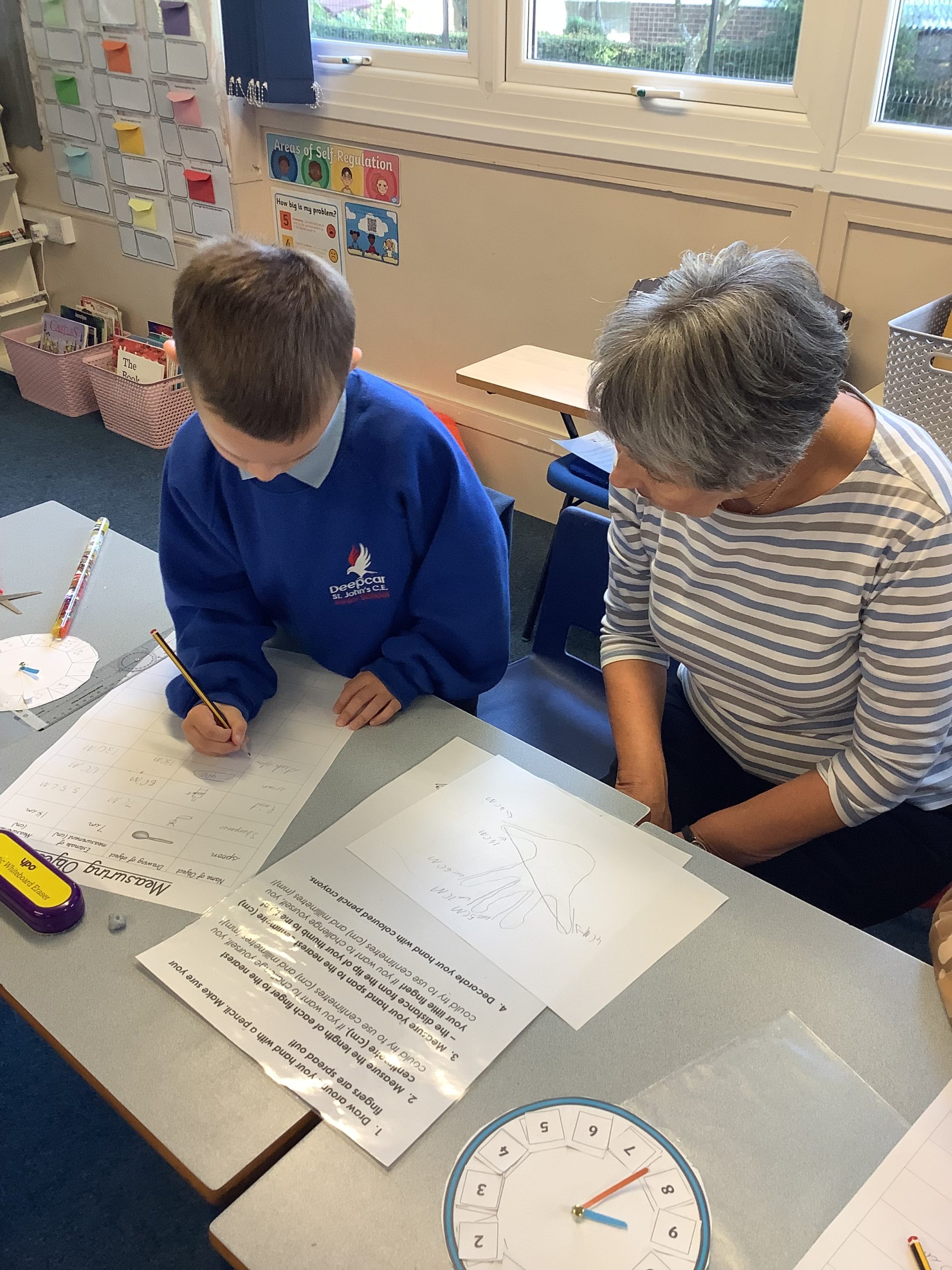Homework/Remote Learning
All parents and carers are equally valued as part of our school community. Children’s learning is improved when we work in partnership. We therefore believe in close cooperation with all families and in regular consultation between the home and the school.
We set homework each week, this could be maths, English or both. The homework will be followed up in class so it is essential that your child completes this at home in order to keep up with what they are learning in school.
Homework will be sent home on Friday and is expected to be completed and returned to school by the following Wednesday. If it is not returned, it may result in children missing a playtime in order to complete it.
Spellings will also be sent home weekly.
Under the National Curriculum, children should know their times tables by the end of year 4. We are working very hard at this in school but please can you help us by getting your child to practise their times tables at home.
We have many resources in school to help, just ask your child’s class teacher. There are many online resources.
- Hit the button
- TT Rockstars

How can you help your child enjoy reading?
We are working hard to promote children’s love for reading. Learning to read and reading for pleasure go hand in hand. You can help your child by encouraging them to read or by reading with them at home ever night. Reading aloud to your child can be one of the most enjoyable parenting experiences. We hope that you and your child create many loving memories as you explore books together. Sharing a book together with your child is time for binding, relaxing and gives you the opportunity to escape into another world with them. Reading will help develop your child’s vocabulary, communication, concentration, empathy and imagination. It is a well-known fact, that good readers make good writers.
- Take time to look together at the words and pictures in a story.
- Take turns to read.
- Stories can be shared with the whole family so why not invite siblings or other family members to join in.
- Sit close together when sharing a book.
- Don’t be afraid to use funny voices – It’s a great way to make your child giggle.
- When you talk to your child about what is happening in a book, give them plenty of time to respond. Try to ask questions that do not require just a yes or no answer. For example, ask them what they think will happen next or how a character may be feeling.
Other ways to support your child's education
- Make sure that they attend school on a regular basis.
- Be aware of and talk about what they are learning.
- Show an interest in your son/daughter’s work and results they produce.
- Stress the importance of doing well at school.
- Try to give a feeling of a ‘can do’ attitude and a growth mind-set.
- Get them to reflect on their experiences.
- Let your child see, if possible, you reading and writing.
- Try to have books around.
- Finally, talk to your child about school life.
If you have any questions, please come and see us, just make an appointment via the school office.
Remote Learning
At Deepcar St John’s, we use the Seesaw learning platform to showcase our classroom learning and share our remote learning.
